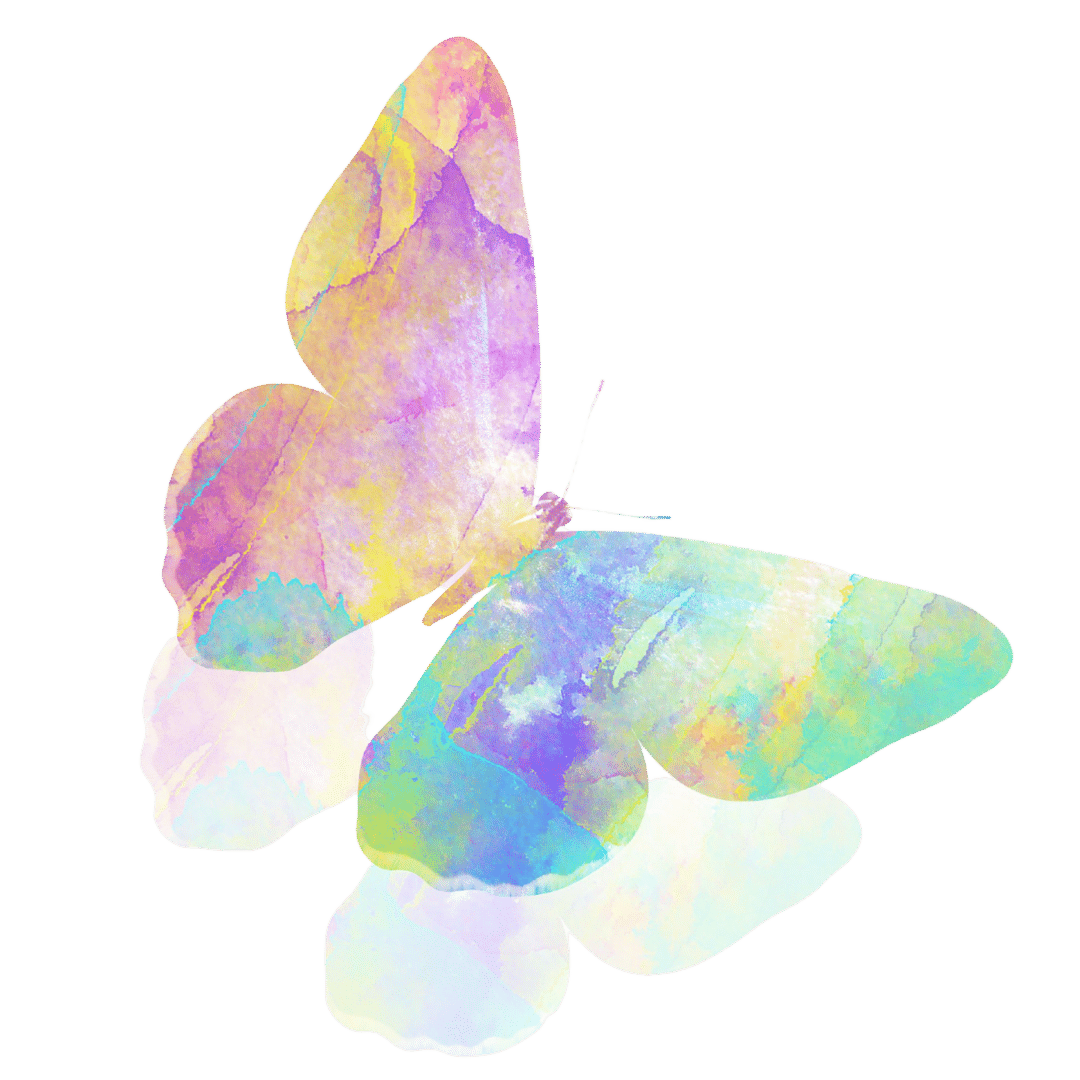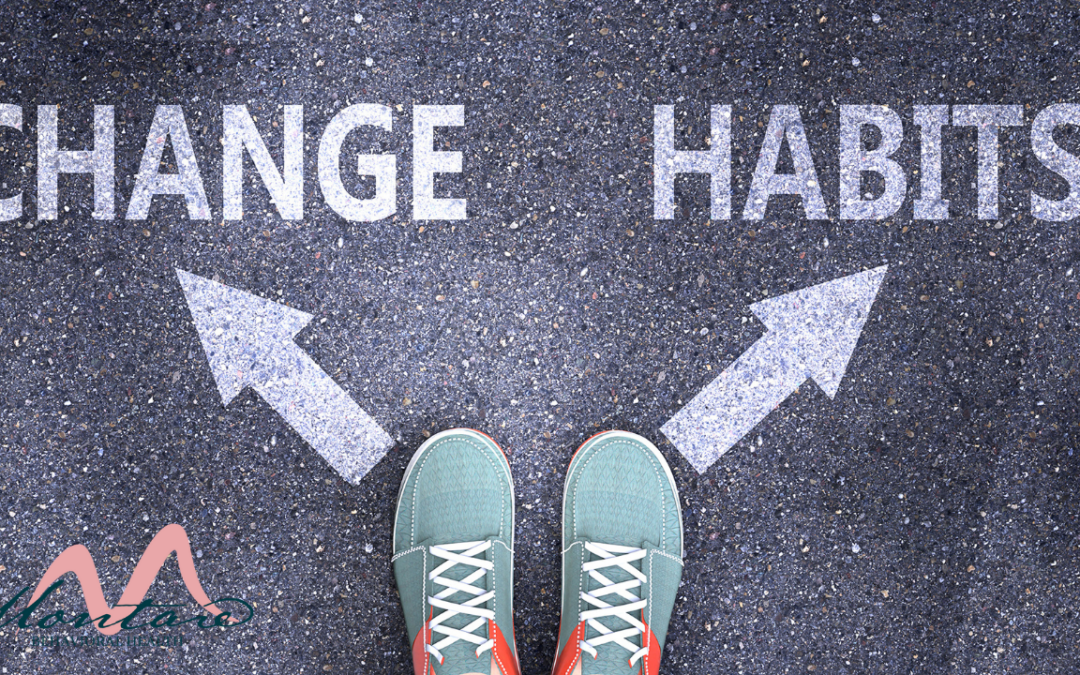By Susan Reiner for Montare Behavioral Health
It’s January, and while some of us are happy to have just made it through 2021 intact, many of us have likely begun this new year, as with many others in the past, with resolutions to improve in countless ways.
Maybe you’ve decided to quit smoking, or to finally clean out the stack of papers that have been accumulating on your desk, or commit to exercise more.
Now, a few weeks in, perhaps the momentum of that first rush of inspiration to change has begun to fade. You find yourself silencing the early morning alarm and going back to sleep, instead of tackling the mess on your desk, or you see your annoying relative, the one who always makes you anxious, and you immediately step outside for a smoke.
What’s happening here? Is your will power weak? Who or what, exactly, is in control of your behavior?
How Decisions Become Automatic- The Habit Loop
In The Power of Habit by Charles Duhigg, he says that 40% of the actions people perform every day aren’t actual decisions, but habits. Understanding how habits develop can help us to change them… so let’s take a brief look at the mechanics of how habits form.
Habits are kicked off by what are called “triggers.” Triggers can be anything in our environment that’s associated with a consistent response. For example, you find that being around a certain family member always causes anxiety. Being with that person is a trigger.
Once we’re triggered, our thought and action in response to that trigger, (with repetition over time), become a “routine.” In our example: we’re triggered by being around a family member, then we have the thought that we are anxious, and seeking to soothe that anxiety, we take the action of smoking a cigarette. The routine helps us to calm the anxiety. Calming our anxiety is the reward or consequence.
After a while, the behavior becomes automatic: we see our family member= we smoke.
Because the brain is always looking for ways to conserve energy, and it knows that it can predictably rely on getting a reward using the same routine, the conscious mind shuts off during this phase. The routine (thought and action) is stored in a part of the brain called the “basal ganglia,” which is below conscious awareness, so the routine happens without conscious choice—it’s automatic.
The process of trigger-routine-reward is called a “habit loop.” Without habit loops our brains would become overwhelmed with the minutia of daily life. So, habits are actually necessary for normal daily functioning. When habits have negative impacts, however, we can choose to interrupt them.
Having A Powerful “Why”
A great place to start the journey towards change is having a compelling reason to do so. Why do you want to get more organized, stop smoking, get in better physical shape? To feel more vital? To feel more peaceful in your environment? What is your deepest why, underneath those reasons? Find that, and keep it foremost in your mind. It will provide you an anchor, and the fuel to keep you going when you’re feeling challenged.
Changing Habits with Mindfulness
There have been scores of books written on how to change negative habits, and we are not able to cover all the methods that have been investigated in this blog. We have chosen, rather, to share one method that has gained wide acclaim recently, and that’s mindfulness.
The practice of mindfulness involves slowing down enough to become aware of your sensory experiences, thoughts, and feelings as they arise in the present moment.
Slowing down and noticing when we are triggered interrupts the automatic habit loop. Labeling the trigger with words, like, “I’m feeling anxious right now,” wakes up the brain, and brings the triggering moment into conscious awareness, shifting gears out of the default mode in the basal ganglia.
Once you have labeled the trigger, then employing practices like:
- *counting your breath, 4 counts in, 4 counts hold, 4 counts out, 4 counts hold, then repeat
- *assigning a number to how intense the trigger, or craving for reward, is (i.e., a “10” is the most intense feeling, while a “1” is fairly mild)
- *observing yourself with curiosity, tenderness, and compassion while you do exercises like these
- *asking yourself what you truly need in the moment to feel better other than your habitual negative response
…are all tools that will help reshape your habits, disrupting the automatic behavior patterns that have had negative impacts on your health and well-being.
Small Changes Add Up
Desmond Tutu once wisely said that “there is only one way to eat an elephant: a bite at a time.” What he meant by this is that we can accomplish goals that seem daunting, by gradually taking on just a little at a time.
If you notice one of your triggers and label it, that’s a win! Even if you end up grabbing a cigarette afterwards. Over time, you will learn to trust yourself by completing small goals consistently.
If you struggle with addictive behaviors or negative habit loops that seem insurmountable, please reach out for help. Together let’s make 2022 your best year yet! For more information, contact us at: Montare Behavioral Health

